Manitoba’s Shallow Wetlands Incentive Program a Success for Ducks and Farmers

Delta Waterfowl-inspired habitat conservation initiative aims to keep at-risk wetlands producing ducks throughout prairie Canada
WINNIPEG, MANITOBA — Charles Bertram has very little vested interest in duck populations, but in his corner of southwestern Manitoba, he’s fast becoming the best friend waterfowl could have.
Bertram farms about 4,500 acres northwest of Brandon, including 2,300 acres of crop fields that produce an abundance of wheat, canola, oats, soybeans, and rye. He’s been cultivating crops and raising cows for 45 years.
Since 2022, Bertram has participated in Manitoba’s Shallow Wetlands Incentive Program, an innovative way to ensure that small wetlands imbedded in crop fields—critical habitat for breeding ducks—remain on the landscape. SWIP offers farmers annual incentive payments if they agree not to drain the wetland.
“This wet spot right here is enrolled,” Bertram said in early June, cresting a hill in a newly planted canola field. “It’d be really easy to drain this spot, which would increase the efficiency of planting and fertilizing my field. I know if I sow it, the chances of combining (harvesting) a crop is maybe 50%. But I’m getting a payment to leave the wet spot in the field, so it’s a win-win situation for me.”
A significant portion of Canada’s historic base of small wetlands in the prairie pothole region of southern Manitoba, Saskatchewan, and Alberta has already been lost. Recent estimates putting small wetland drainage rates at 0.37% annually, with an even higher 0.88% rate for wetlands imbedded in croplands.
Shallow prairie wetlands serve as territorial pair ponds that drive carrying capacity for breeding ducks and provide important food resources for nesting hens. Studies show that 10 one-acre wetlands attract 20 breeding pairs of ducks, while one 10-acre wetland attracts only seven pairs.
“Shallow wetlands imbedded in croplands are the most vulnerable wetlands on the landscape,” said Jim Fisher, vice president of Canadian policy for Delta Waterfowl. “To conserve the carrying capacity for ducks, we need SWIP across the Canadian prairie.”
SWIP builds on Delta’s successful model of wetland conservation adopted by Manitoba in 2018 as part of the province’s Growing Outcomes for Watersheds, a.k.a. the GROW Program. GROW was established as a $204 million trust that includes the provision of $2.5 million annually for wetland conservation. Local watershed districts administer 10-year contracts to conserve ephemeral and temporary wetlands. About 4,000 additional acres of critical breeding duck habitat are being enrolled each year.
“SWIP has well-received by farmers and the farm community in Manitoba,” Fisher said. “The endowment funding model is working well, and the watershed districts have embraced the opportunity to provide annual funding to farmers to conserve their wetlands. We are keen to see Manitoba’s program emulated in Alberta and Saskatchewan to add another tool to conserve their vulnerable wetlands.”
Bertram’s farm features dozens of Types 1 and 2 wetlands—shallow wet spots that typically hold water for a few weeks to a month in spring. In one of his 130-acre canola fields, 4.8 acres is under contract in SWIP.
In addition to receiving payments to keep those wetlands in his fields, Bertram said maintaining them provides another important benefit to his farming operation.
“You need water to grow crops,” he said. “You have to keep the water around. If we get rid of all the water, we’re going to have nothing growing.”
Importantly, SWIP is succeeding for both ducks and farmers in Manitoba.
“I’m telling all of my neighbors about the program,” Bertram said. “It’s good for farmers.”
A special thank you to Bass Pro Shops and Cabela’s Outdoor Fund for their generous and visionary support of this important habitat program.
Delta Waterfowl is The Duck Hunters Organization, a leading conservation group working to produce ducks and secure the future of waterfowl hunting in North America. Visit deltawaterfowl.org.
For more information, contact Jim Fisher at jfisher@deltawaterfowl.org.

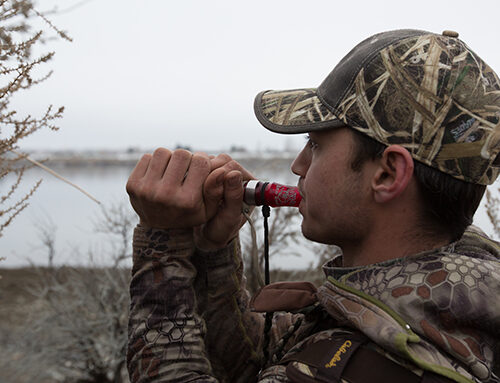
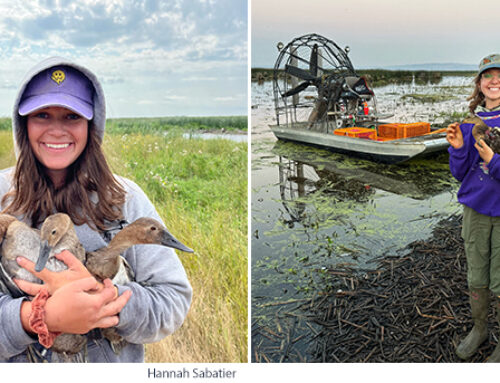
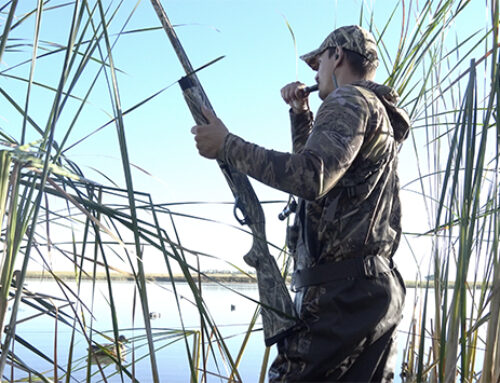
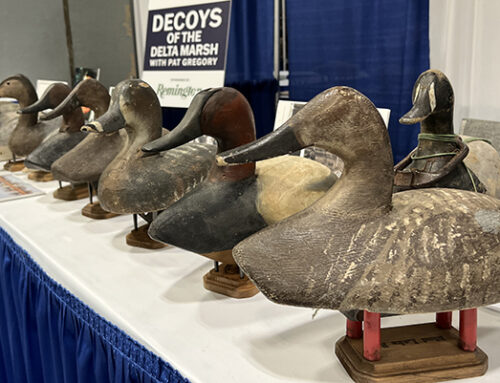
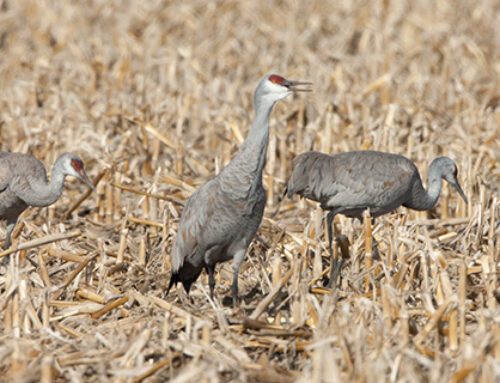
Leave A Comment